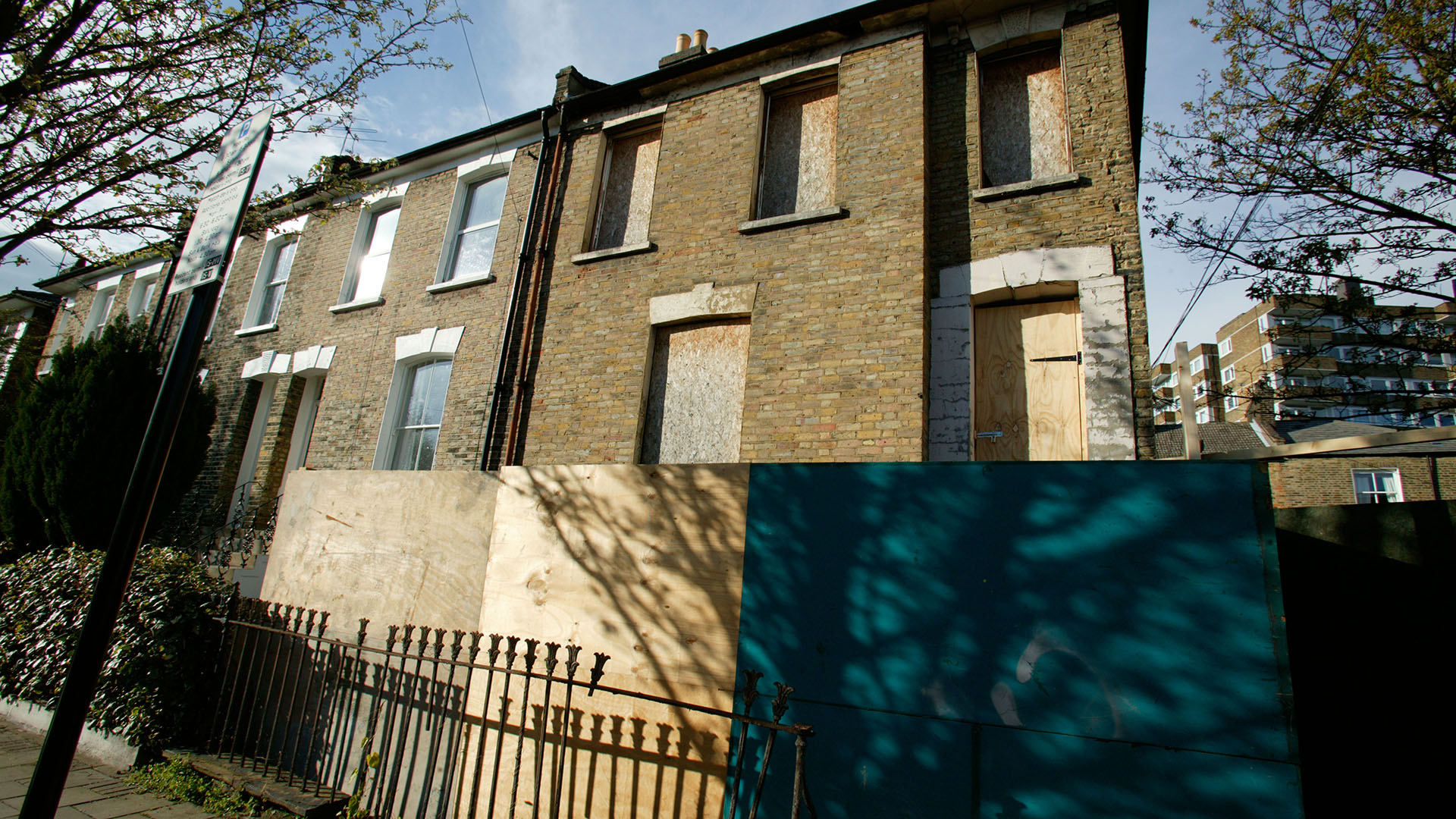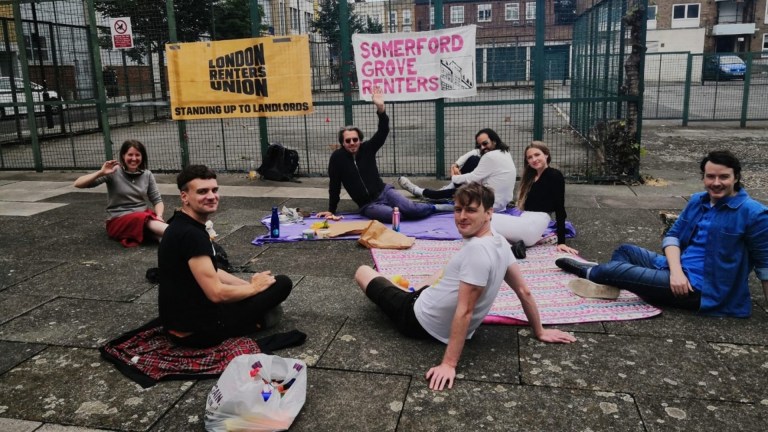While all councils are obliged to sell to tenants who activate their Right to Buy, councils can also sell homes once they fall vacant rather than using them to house a new family.
This is usually done at auction, with a cash buyer picking up the property, to raise a quick receipt for the council.
Sometimes properties with a large maintenance price tag are prioritised for sale to reduce expenditure on repairs, but sometimes sales take place simply to raise cash.
Vacant social homes are also sold off by housing associations – private not-for-profit landlords which own more than half of the social housing in London – but they are not subject to Freedom of Information laws.
London boroughs currently face an enormous bill to house ‘priority need’ homeless families, who they are legally obliged to offer temporary accommodation.
But with social rented housing limited by years of under-supply and thousands of council properties being sold under the Right to Buy, there is not enough affordable housing to rehome them.
Advertising helps fund Big Issue’s mission to end poverty
The most recent figures showed London boroughs had 60,580 households in temporary accommodation, up from 35,850 in 2010/11.
Last year, the umbrella group London Councils warned boroughs were on a financial “knife edge” – facing a £500m funding shortfall with local services at risk unless more funding is provided by central government.
Under David Cameron, councils were going to be forced to sell all their ‘high-value’ council homes when they became vacant to raise funds to pay for housing association tenants to buy their homes at a discount, but this policy was abandoned by Theresa May.
As a result, selling vacant homes remains at the discretion of the local authority.
Responding to the figures gathered by the Big Issue, a spokesperson for the London Tenants’ Federation (LTF) said: “LTF is of the belief that our current long-term social housing crisis will not be solved by selling off vacant council homes.
“If we look at the most recent record we have – 2020/21 delivery of social rented homes was just 882 while the need was 30,963.
Advertising helps fund Big Issue’s mission to end poverty
“Since 2012 we have had a huge growth in homelessness, rough sleeping has increased tenfold and child poverty is still very high in many boroughs.
“It is time for the government to accept what is obvious to the majority of people looking for a home in London; the current system is broken and not fit for purpose. Relying on market forces to build enough homes is not going to work. The answer is for the government to properly invest in the building of social housing run by councils. Councils selling off council homes in order to shore up government underinvestment is unwise.”
Councils are facing bankruptcy around the country due to funding pressures including providing accommodation for homeless residents. They were recently encouraged to sell their assets to fill the financial blackholes by levelling up secretary Michael Gove.
But if London boroughs respond by selling their council homes, they will have fewer properties in which to rehouse those stuck in temporary accommodation – increasing the long-term financial pressure.
Liza Begum, cabinet member for housing at Westminster Council, said: “Westminster has ceased the sale of council properties and is committed to maintaining and refurbishing our existing housing stock to ensure we provide the homes the city needs.
“Building more council homes is our top priority and Westminster is currently the second biggest house building local authority in the country completing 549 homes in 2022-23.”
Advertising helps fund Big Issue’s mission to end poverty
Ahsan Khan, deputy leader and cabinet member for housing and regeneration, said: “Waltham Forest built the second-highest number of council homes of any local authority in 2022. We are determined to continue this work and deliver the right homes in the right places to meet the needs of the local community.
“We will always try and use our available assets to create new homes for residents. The council’s development company, Sixty Bricks, looked to refurbish a former hostel in Walthamstow that had stood derelict for several years. Unfortunately, the scheme could not be made to work financially and so the best option was to sell the building.”
Do you have a story to tell or opinions to share about this? We want to hear from you. Get in touch and tell us more










